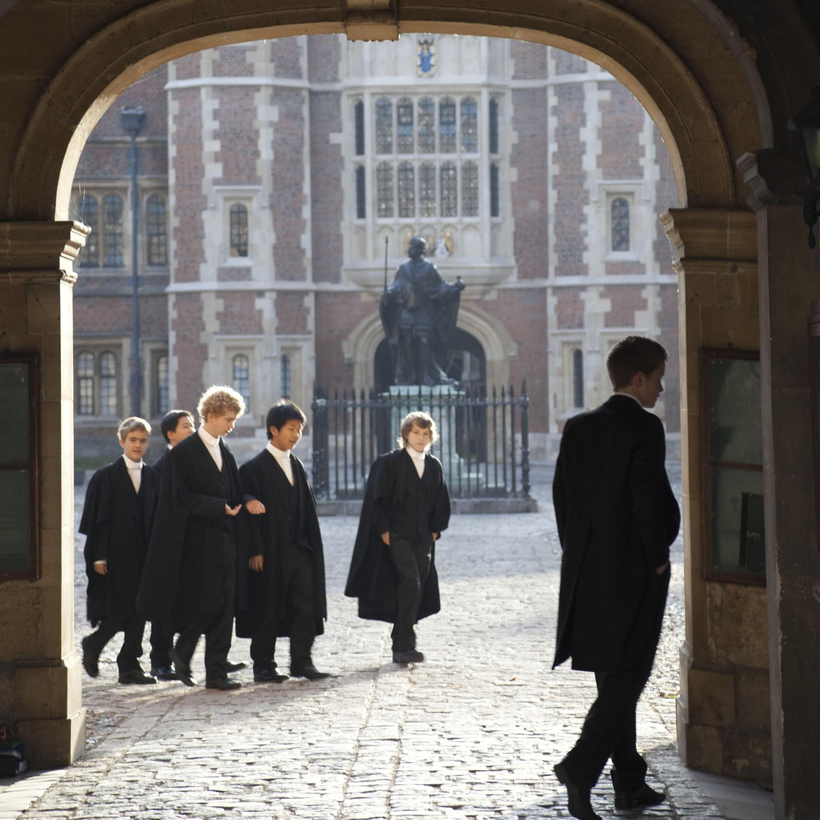It’s Saturday afternoon at a boarding school in the English countryside. Do you notice that stylish group of middle-aged adults of Asian descent, cheering on their cricketers? They might be parents, but don’t let the Gucci sunglasses fool you—they could also be professional guardians.
It’s a cottage industry borne of one of Great Britain’s most illustrious services: the private education of the world’s wealthiest children. Eton College, Harrow School, Winchester College—the most prestigious boarding schools are hotly coveted by the international elite, an even more alluring status symbol than a Birkin bag.


